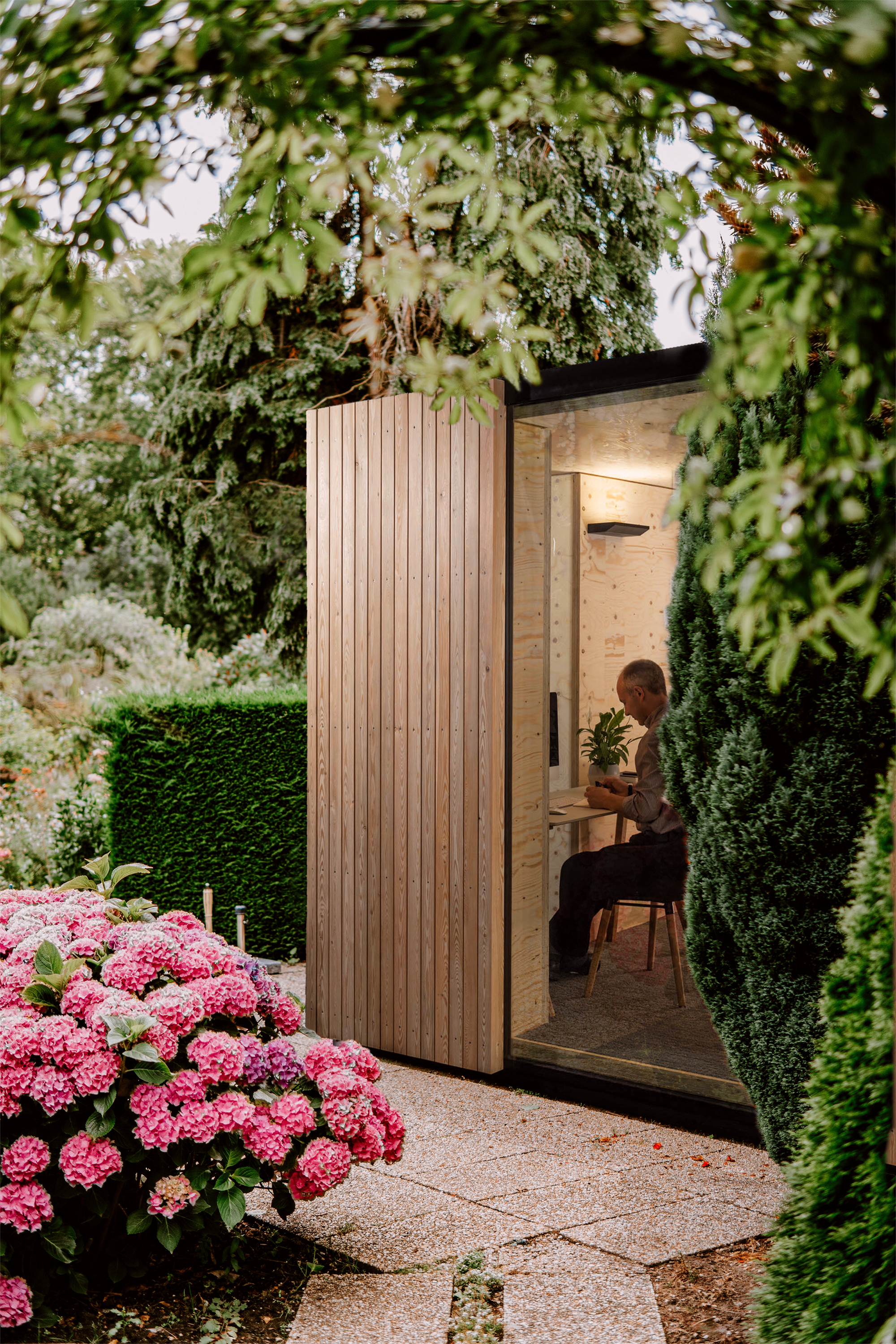Natural light
For most people, natural light feels good. We enjoy its brightness and the warmth it gives. Its effects go much further though: natural light not only has measurable health benefits, but also increases concentration, performance and alertness.
This time of year in the UK brings shorter, darker days, although more of us get to enjoy the beauty of sunrises. But what does light do for us and what might we do to benefit most from it?

Sunlight and us
Sunlight has big effects on our bodies. Sunlight exposure increases the production of the ‘happy hormone’ serotonin and boosts vitamin D levels, which we all need more of. Serotonin improves our mood and brings calm and focus. Exposure to natural light in the day also helps to regulate the night-time production of the 'sleep hormone' melatonin, which assists us falling and staying asleep, and helps reset our body clocks.[1] Conversely, prolonged exposure to artificial light leads to decreased levels of melatonin, which heavily impacts a person's sleep and, consequently, their concentration and productivity.

This all means that increasing exposure to natural light, particularly early in the day, is likely to boost your mood, regulate sleep and reduce the risks of Seasonal Affective Disorder (SAD) and other illnesses, both mental and physical.
The UK's National Health Service guidance on treating SAD suggests getting as much natural light as possible, making your home and work environments as light as possible, and sitting near windows when you're indoors.
A study conducted in 2018 by Cornell University found that people working in environments with natural light reported an 84% drop in the physical symptoms of extended exposure to computers and artificial lighting, such as headaches, blurred vision and eye strain. People were also found to be more alert and have enhanced performance, meaning better working and higher revenue.
Another study found that office workers who worked in places with windows and with significantly more daylight than workers in windowless environments slept over 10% longer and reported better mental and physical health.[2]
What can you do?
Office buildings vary widely in how much natural light they let in. Many offices are almost fully glazed (although this might lead to other problems, such as increased glare from screens or summertime overheating if appropriate measures aren't designed and implemented) but others give workers little access to natural light.
The natural light issue is so important that the Royal Institute of British Architects (RIBA) include natural light levels as one of their key targets in their 2030 Climate Challenge.

You can make simple adjustments to improve your exposure to natural light:
- Sunlight is brightest outside, so taking a morning or lunchtime walk, even for 15 minutes, will give you benefits.
- Whether you work in a central office or working at home, you can look to create a better workspace by moving your desk to a sunnier spot (ideally by a window!) or moving obstacles that might be blocking sunlight. This might raise practical issues but be creative.
- If you're choosing a workspace building, remember that natural light will have a significant impact on how you and your team work.
There are so many more benefits of exposure to natural light on all aspects of our lives. Sunlight is actually one of our best friends and being aware of how much it impacts our health and wellbeing is a step towards harnessing it to improve our daily lives.

© Copyright Ilex Live Ltd 2021
